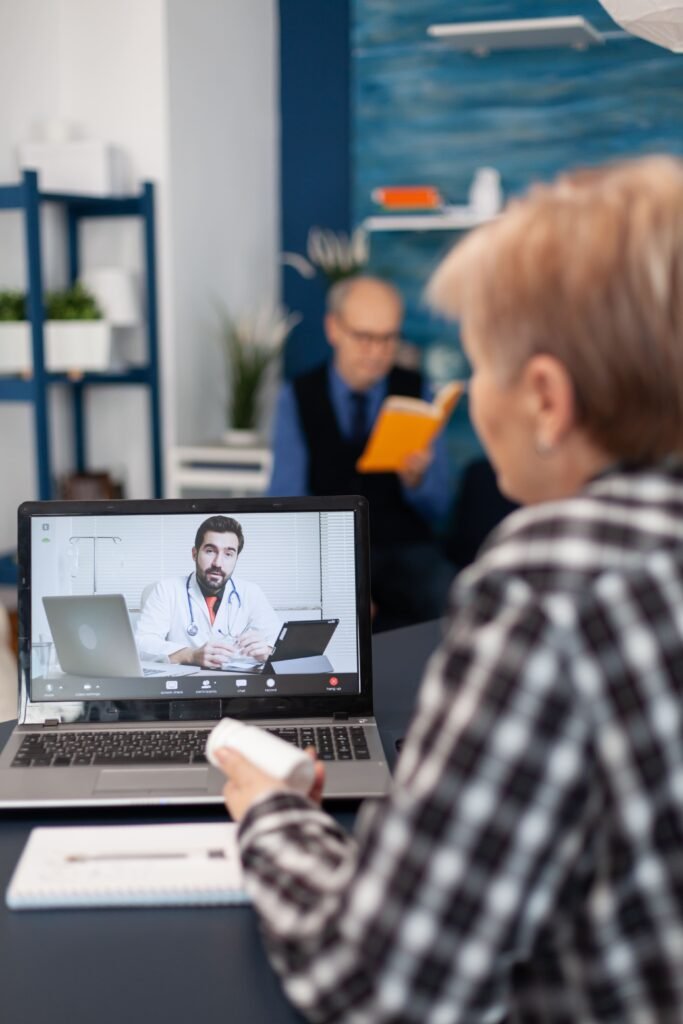FAQ
Do you take insurance?
Good Medics does not accept insurance. We believe in transparent, upfront pricing with no hidden fees, and we’ll show you the cost of your visit before you ever speak with a doctor.
When can I make an appointment?
As soon as your purchase is complete, you’ll get a link to register in the patient portal. From there, you can choose the time that works best for your schedule.
When will I see a doctor?
Most patients are seen within 24 hours. You’ll be able to schedule a telehealth visit right after registering in the portal and completing your forms.
Will I get medication if needed?
Yes. If your provider determines antiviral medication is appropriate, they’ll send a prescription to your local pharmacy.
What causes the flu?
The flu is caused by seasonal influenza viruses that spread through the air and contaminated surfaces.
What are the symptoms?
Symptoms usually include fever, fatigue, cough, body aches, sore throat, and chills. Some also experience congestion, nausea, or headache.
Can you diagnose flu via telehealth?
Yes. Most flu cases can be diagnosed based on your symptoms and clinical history—no in-person testing required.
Is Tamiflu or antiviral treatment offered?
Yes. If you’re early in the illness (within 48 hours of symptoms), your provider may prescribe antivirals to shorten recovery.
How long will I feel sick?
With proper care, most people feel better in 5–7 days, though fatigue may linger a little longer.





